Quick & Healthy Meals
I seem to get quite a few questions about how I eat, so here is a post about it including a photo gallery of some of my meals. The meals depicted in the photo gallery are representative of my eating habits at home while alone, which constitutes about 90% of my meals.
In general, my eating style (since 2003) has been similar to what others have dubbed, “hunter-gatherer,” “paleolithic,” or “PaleoMed” (a hybrid between paleolithic and Mediterranean). Usually, though, I call it the “90% all-natural” or “common-sense” diet.
Quite simply, it entails consuming natural, unprocessed foods consisting of primarily vegetables, fruits and lean meats. I also consume some dairy. I try to avoid purchasing foods contained in boxes (because they are usually processed), and items with labels containing unpronounceable (chemical) names.
When my training season is particularly vigorous I’ve also eaten sprouted whole wheat bread, oatmeal, and baguettes. I’m actually trying to reduce my consumption of grains, and now that it is the off-season, I have eliminated them almost completely (obtaining carbohydrates primarily from nutrient-dense vegetables and fruits). The reason for this is that grains almost always have a high glycemic index and contain anti-nutrients (particularly phytic acid). This includes whole grains. Vegetables and fruits are almost always a healthier carbohydrate source as they contain many more vitamins and nutrients, water, and less calories.
I consume virtually zero processed sugar except during races and special occasions. I don’t even make reduced-brown-sugar oatmeal-cranberry cookies any more. Any sugar I ingest is usually in the form of fructose from fruit or lactose from milk.
My grocery cart usually contains most of the following (depending on the season for produce), with the Sunflower Market being the place I shop most in Fort Collins:
- apples (I especially like gala or Fuji)
- oranges
- pears
- strawberries
- grapes
- kiwi
- onions (green, red, or white)
- green, red, or romaine lettuce (never iceberg)
- spinach
- cabbage (green or red)
- bok choy
- broccoli
- celery
- tomatoes
- bok choy
- zucchini
- avocados
- white mushrooms
- eggplant (seasonal)
- butternut squash (seasonal)
- asparagus (seasonal)
- free-range, omega-3, organic brown eggs
- kefir (2/4 weeks)
- 1% or 2% milk (3/4 weeks)
- unsweetened, almond milk (1/4 weeks)
- plain yogurt or cottage cheese (usually 1 cup/week)
- cheese (usually sharp cheddar, white cheddar, Monterey Jack, or string)
- black beans (canned)
- stuffed olives (canned)
- artichokes (canned)
- walnuts
- raisins or dried cranberries (beware of added sugar)
- chicken breast (usually already sliced)
- beef (sliced)
- fish (tilapia, flounder, cod, sardines)
- tuna (~1X/month)
- tempeh
- peanut butter (usually the omega-3 enhanced ones with flax oil)
- quinoa (occasional; it’s my grain of choice)
- garlic
Condiments:
- hot sauce (usually the Sunflower Market’s “Desert Fire” type with all-natural ingredients and requires refrigeration)
- olive oil
- balsamic vinegar
- black pepper
- raspberry vinaigrette or “green goddess” salad dressing
- dijon mustard
The items I usually buy organic include any fruit with a thin skin (especially apples). Considering how many leafy greens I consume, I probably should buy them in organic too.
Using 3-6 of the above ingredients at a time, I usually can whip up a meal in about 3-10 minutes.
For the last year or so, I’ve been avoiding deli and prepared meats (sausage, ham, bologna, etc.) They have too many nitrites. In general, I try to avoid anything with ingredients I can’t pronounce.
Note the above list does not contain juice (contain way too much sugar and no fiber), soft drinks or coffee. I don’t even buy these things when I eat out (only consume water). This saves a lot of money!
I don’t take any supplements (the all-natural thing again) except for fish oil. I’d actually prefer to eat whole fish, but finding fish that are not contaminated with toxic, heavy metals such as mercury is difficult and expensive.
During heavy training periods, I’ve also consumed the following in addition to the items above. Due to their high glycemic index, they are not ideal, but better than white flour products at least.
- bananas
- sprouted whole grain bread (in the frozen section of the Sunflower Market)
- whole-wheat tortillas
- whole-wheat pasta
- oatmeal
- Ak-Mak whole grain sesame crackers
- brown rice
- sea salt
- “greens + whey” protein powder
- honey (for peanut-butter-and-honey sandwiches or tortilla rollups)
- baguettes (now trying to eliminate completely due to their super-high glycemic index, although at least they are mostly air so at least not as bad as, say, Wonder bread)
I only consume gels, white flour products like white bread and bagels, cola, sports drinks, sugar, processed foods, and trans fats (not intentionally, but too processed foods have them!) on race days.
Even during 17-23 mile training runs, I am pretty well-known for not consuming anything aside from a piece of fruit and a glass of water beforehand (and nothing during the run unless it’s very hot outside, in which I might consume some water). I’ve done this since 2003 so that my body would learn how to use its fat stores more efficiently and not become overly reliant on carbohydrates (it seemed like before 2003, when I had a carbohydrate-addiction problem, I’d quickly bonk if I wasn’t continually consuming carbs all the time). I virtually never bonk now during training and races.
When I have company over, I usually prepare something I think my guests would like to eat (even if this includes, for example, bagels and cereal for breakfast—foods I normally do not consume), and when I eat out at a nice restaurant (a few times per month), I usually am not very picky. So, if you invite me over for dinner, please do not worry about what you are cooking or where we go out to eat! This is the benefit of eating well all the other times.
Ice cream and beer are rare treats saved for social occasions only. I enjoy a glass of wine now and then but increasingly less and less over the years since it seems like my body’s alcohol tolerance has really plummeted. Also, I can’t seem to find Charles Shaw (a.k.a. “two-buck-chuck”) wine since we don’t have Trader Joe’s out here.
The easiest way to not consume foods that are bad for you? Don’t buy them in the first place!
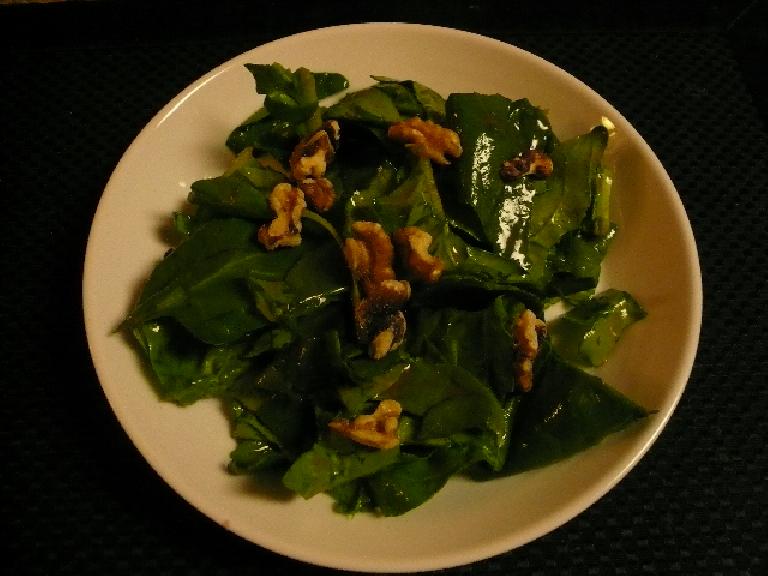
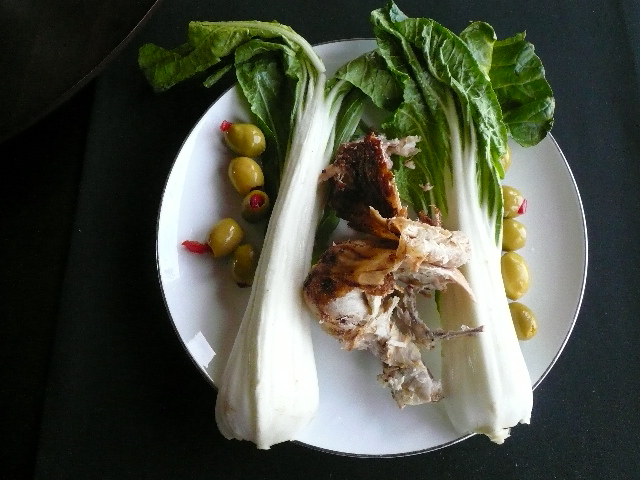
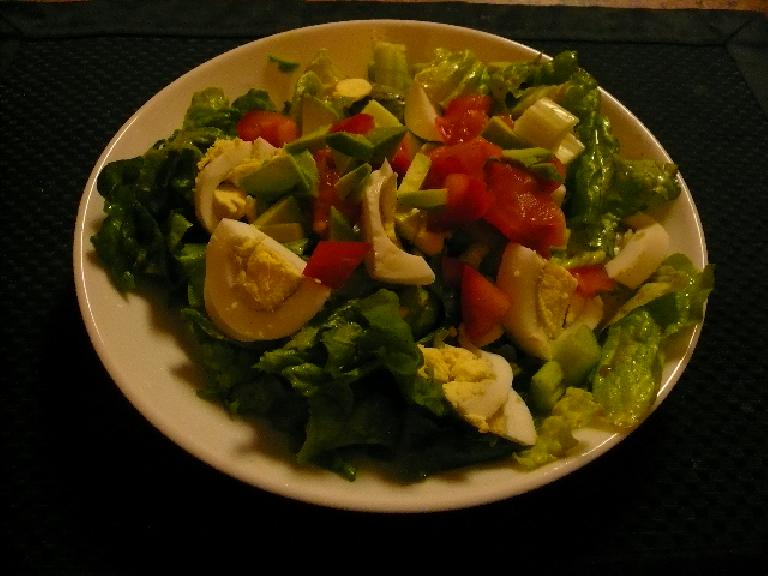
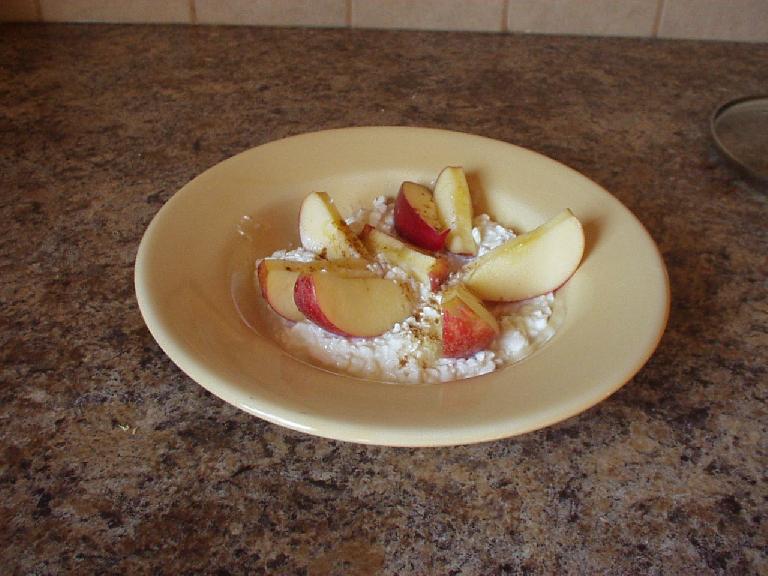
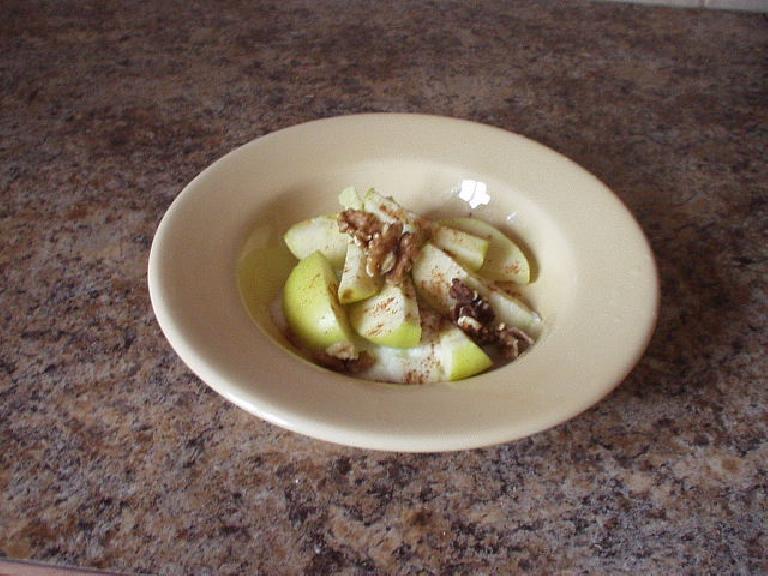
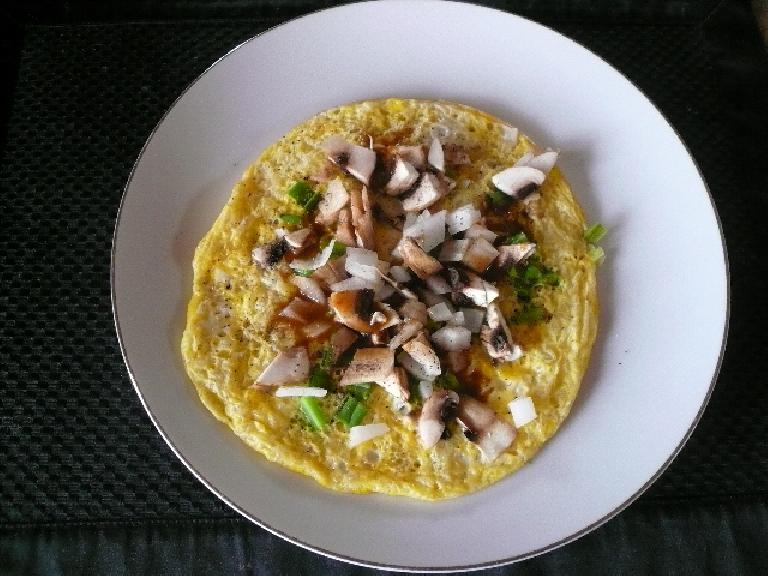
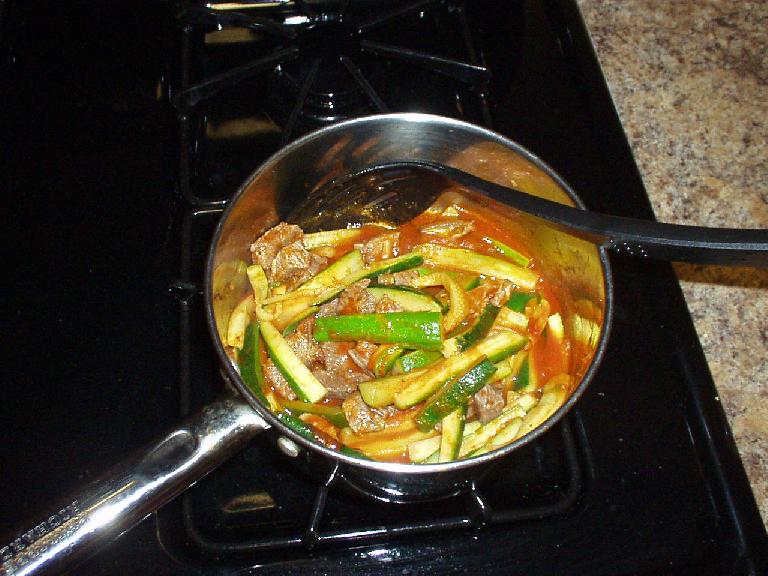
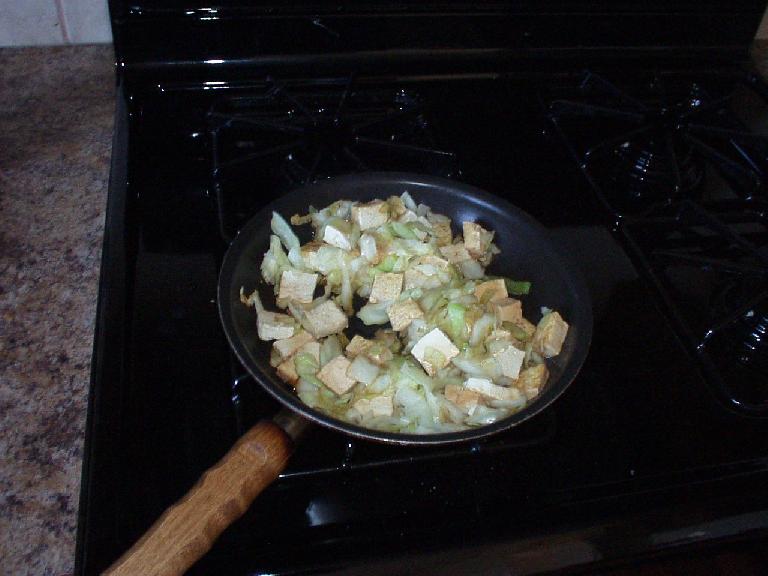
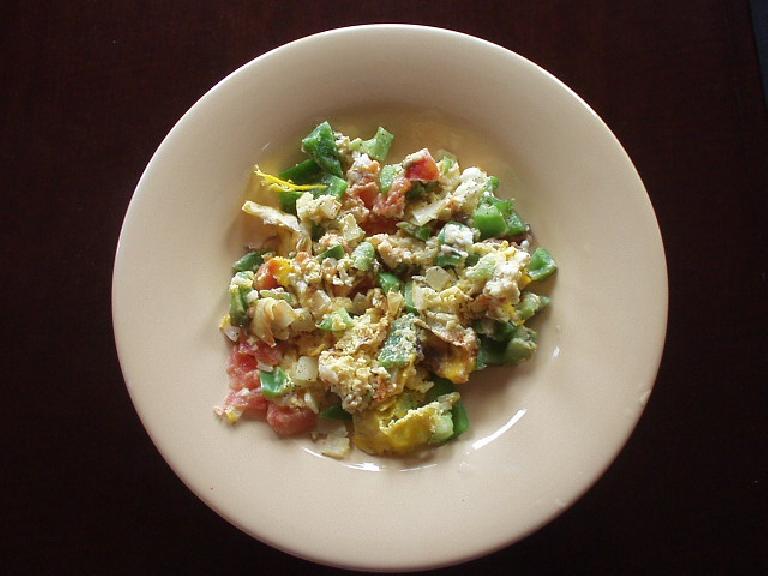
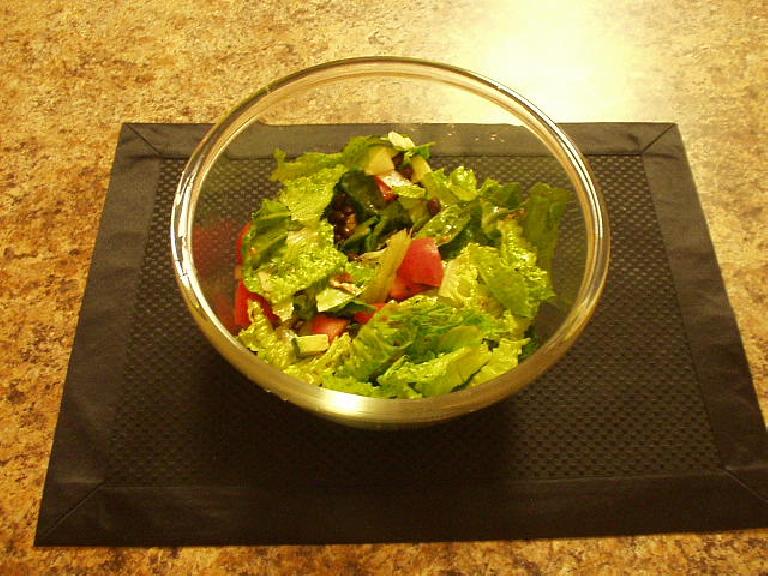
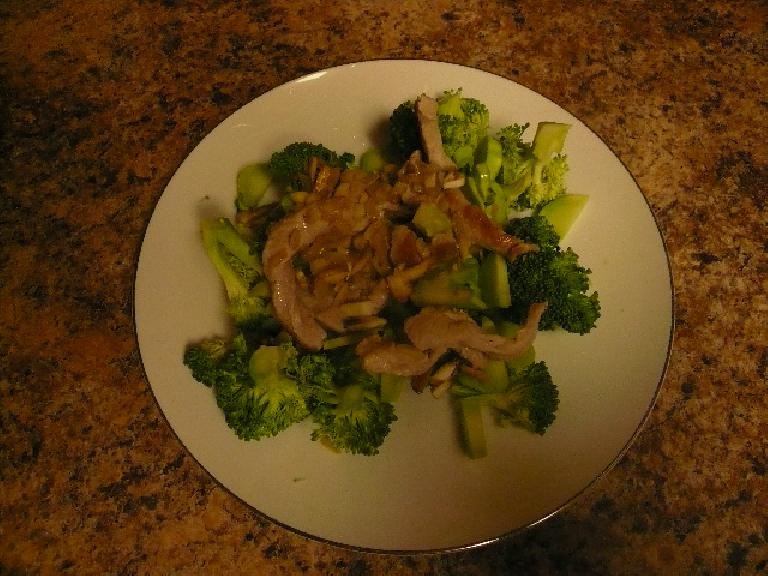
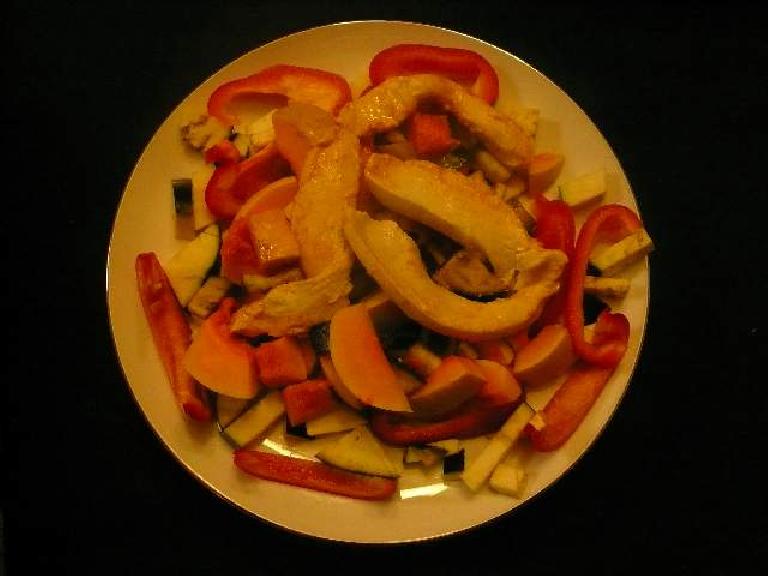
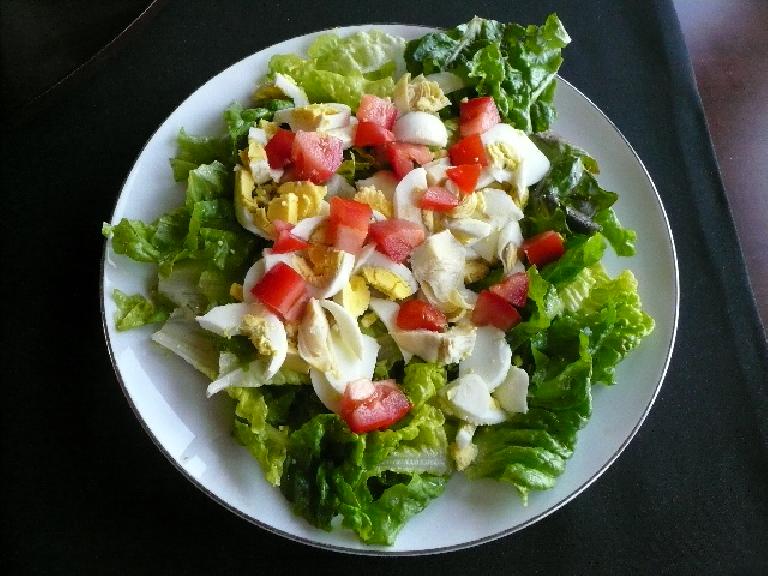
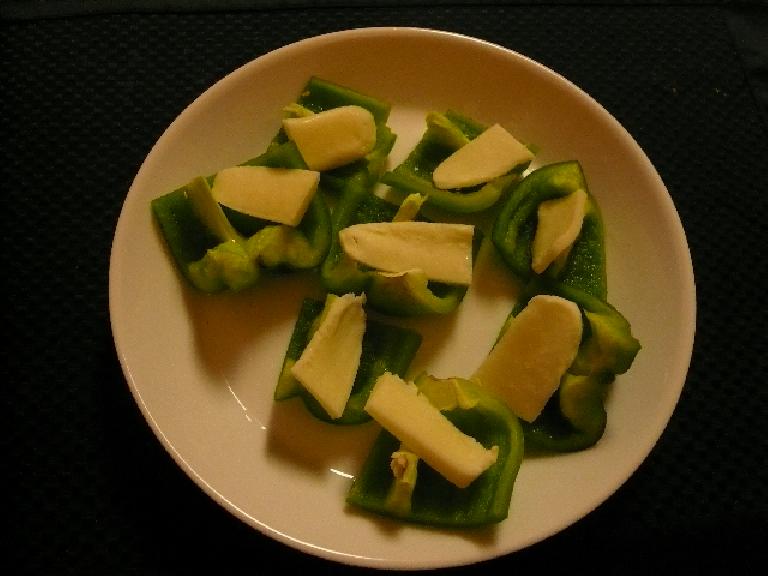
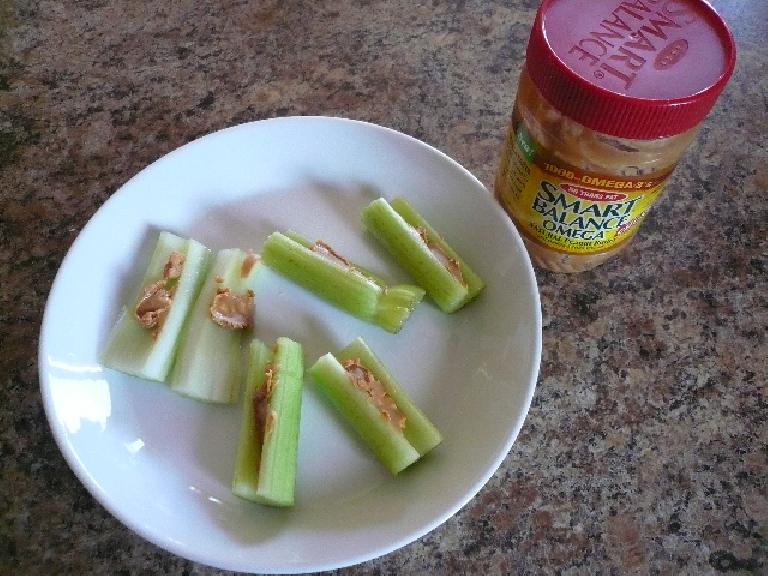
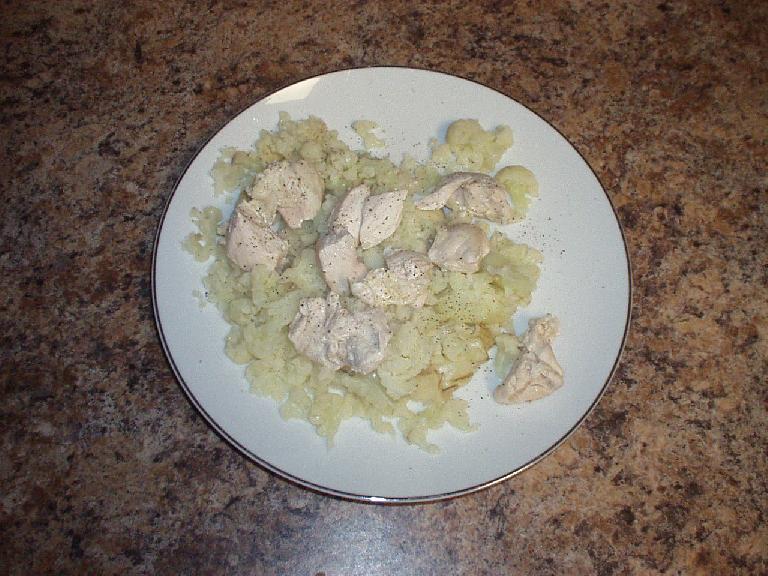
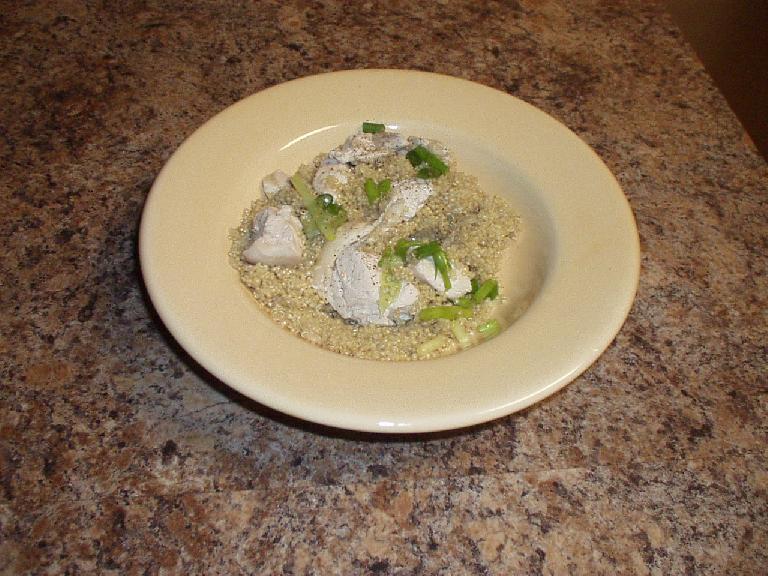
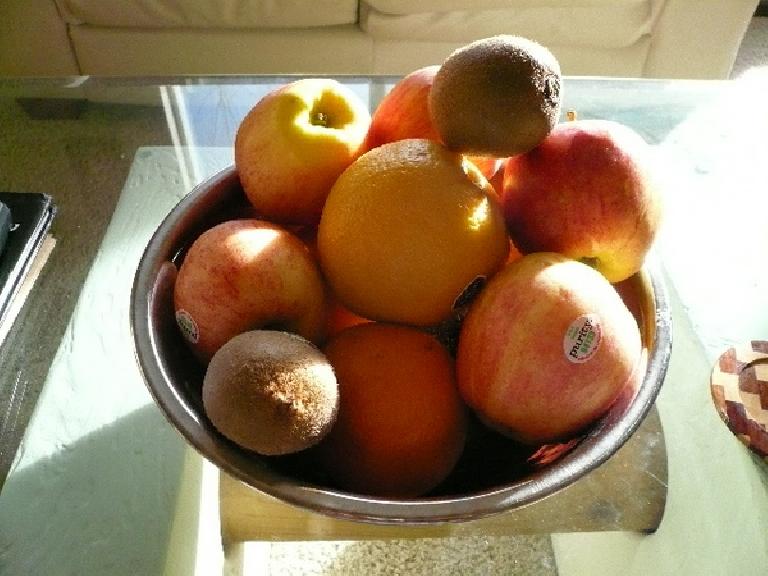
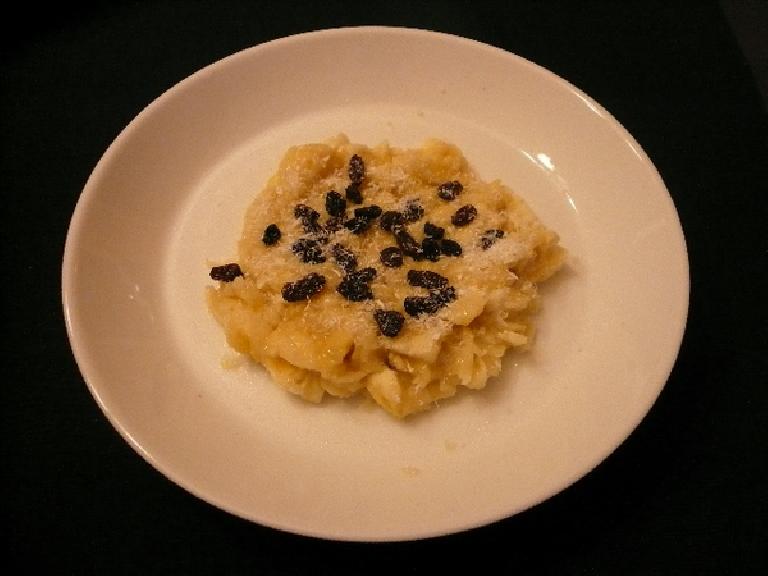
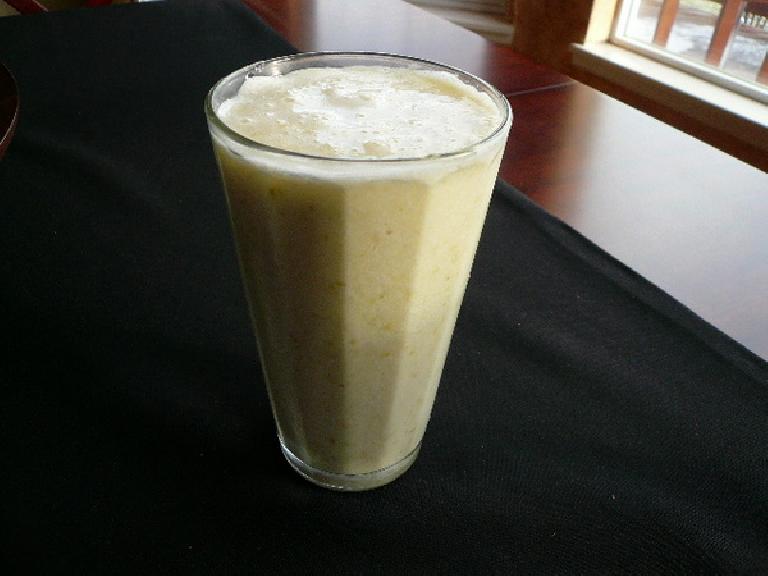
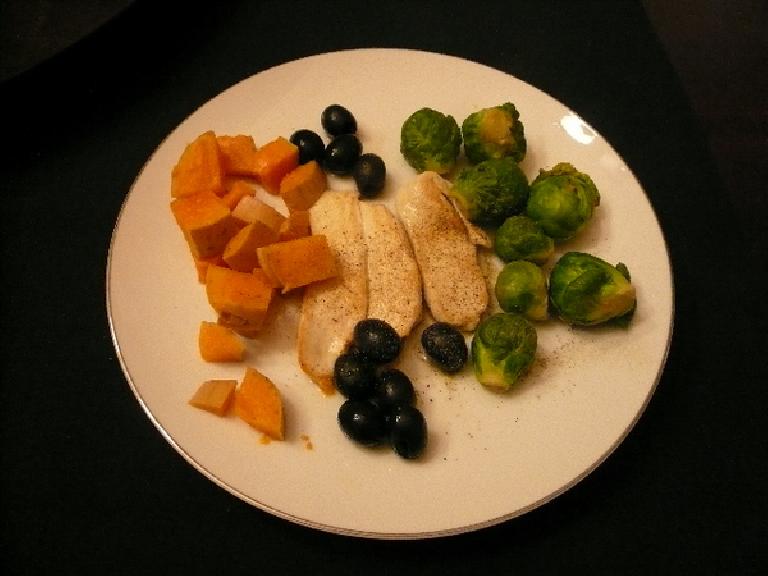
One comment:
Watch out for those peanuts in the peanut butter and soy products. They are loaded with anti nutrients as well.